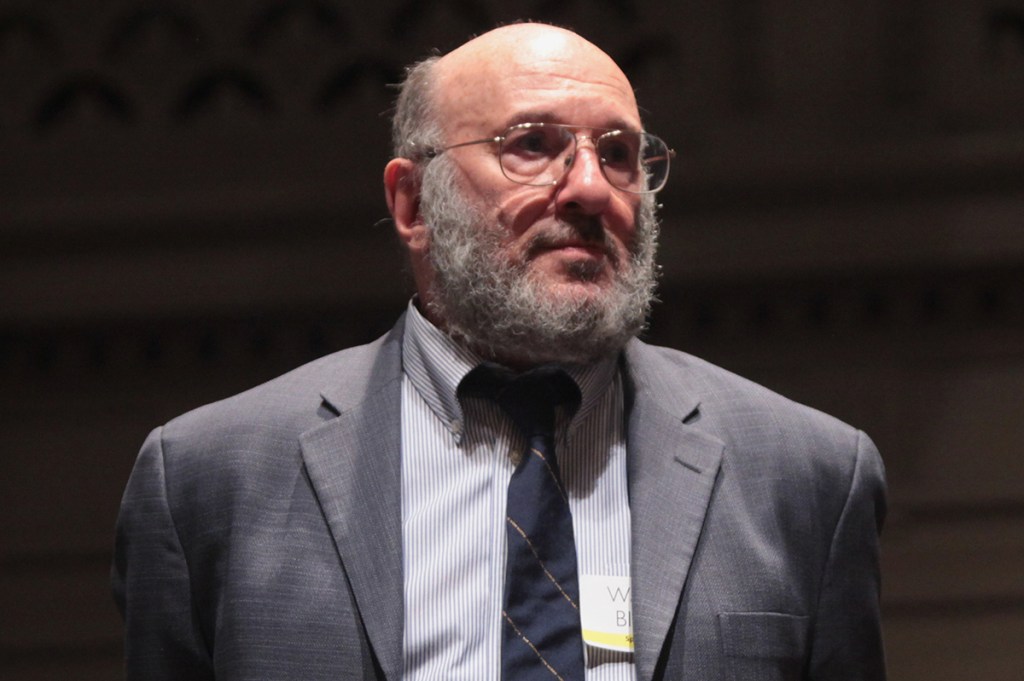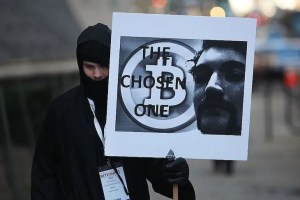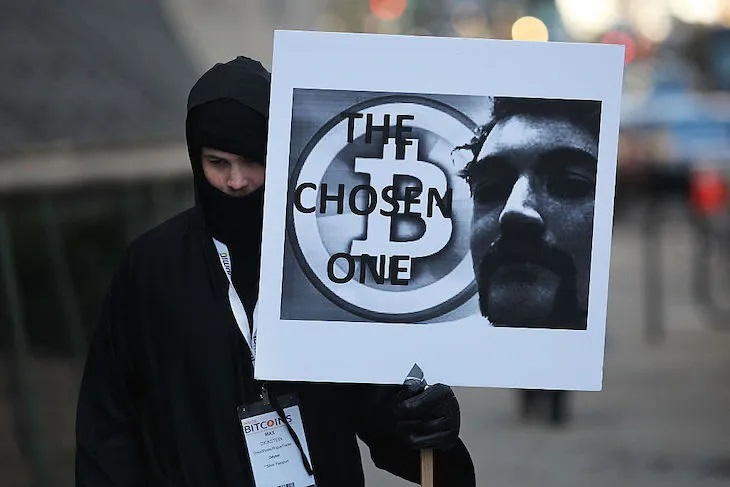Students at Loyola University New Orleans are seeking to oust Walter Block, a libertarian business school professor, through a Change.org petition. In response, a rival petition is asking Loyola’s administration to offer Block a raise.A student called M.C. Calzalas began the petition calling for Block’s termination. According to the petition, Block ‘has publicly stated that he believes slavery to be wrong because it goes against Libertarianism, not because it is morally wrong. He has justified women being paid less than men’.Worst of all, ‘He is allegedly an ableist, too.’ The petition quotes an anonymous student, who claimed that Block told him that colleges ought to be allowed to deny disabled students admission: ‘and he was like, “yeah, because then another university would find the market niche and you could go there.”’The petition concludes by mentioning that it is important ‘to have professors with views and opinions and beliefs’, unless they are ‘racist and sexist’ beliefs.Block clarified to Cockburn that he does not believe sexual discrimination to be the differentiator between male and female earnings, and that he is not supportive of slavery.‘Slavery is wrong, evil and should be outlawed, and slavers be considered criminals and put in jail because it is a rights violation; it is an abomination,’ said Prof Block. He also believes that ‘the woke people who want me fired do not wish to engage in civil dialogue or debate. Also, thank goodness for academic freedom and what little intellectual diversity remains on campus.’
[special_offer]
So far, the ‘Fire Walter Block’ petition boasts just over 600 signatures. However, a former business student named Anton Chamberlin started a rival petition entitled ‘Give Walter Block a Pay Raise’. This one has over 1,500 signatures.Chamberlin’s petition denies the claims that Block is ‘racist and sexist’, calling it ‘defamatory to the highest level’ to suggest otherwise. It also recalls a libel lawsuit in which Block said that the New York Times misconstrued his opinion on slavery in a 2014. The lawsuit was dismissed at first, but later revived and then settled by the two parties.

























